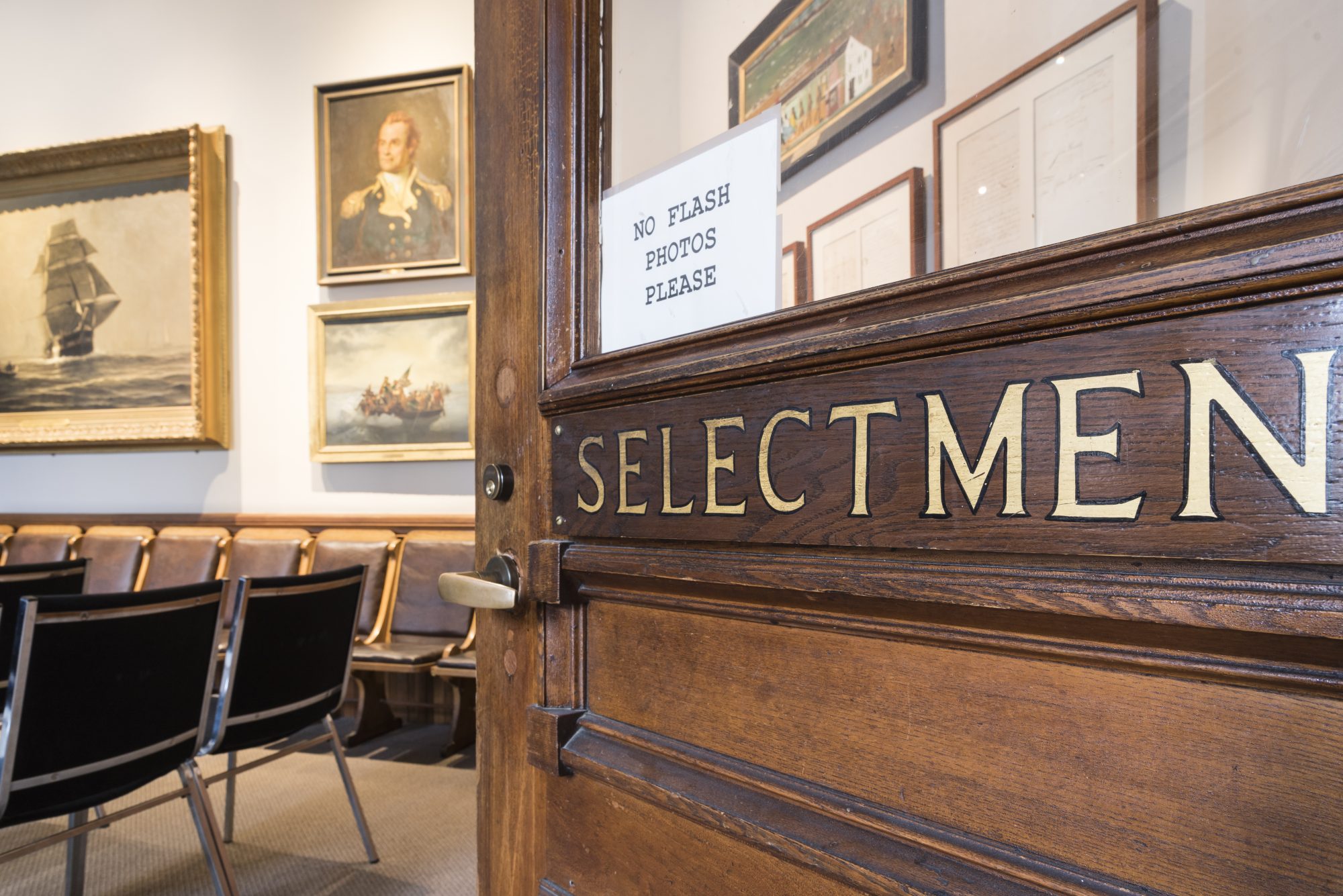The process to incorporate a town charter in Marblehead is officially underway.
After posting a notice on the town’s website, seeking volunteers for a charter study commission, the Select Board held a charter presentation at their most recent meeting, led by Michael Ward from the Collins Center for Public Management.
The presentation focused on multiple aspects of creating a charter, including its purpose, its benefits, and the process when creating one.
Ward noted that a typical charter will include 10 articles: Article 1 focusing on Incorporation of the town, its powers, and so on; Article 2 focuses on the “Legislative Branch” which Ward said would include Town Meeting and its structure; and Article 3 will include the Select Board and Town Administrator under the “Executive Branch.”
Other articles include other elected officials, financial policies and procedures, administrative organization, elections, citizen relief mechanisms, general provisions, and transition provisions.
Ward also provided a number of benefits a charter can bring to a town.
“A charter can really help you create a local government that remains responsive to your unique history and culture,” Ward said. “You can construct it the way you, the town, want to build it.”
Ward also added that the sample charter he presented was a “cookie cutter” model and the town could construct its charter in any way they’d like.
A charter can also make “certain changes that cannot be made by a bylaw” and “build in requirements to ensure best practice policies and procedures continue regardless of future changes,” according to the presentation.
Collins Center Associate, Mel Kleckner added that a charter can bring governmental organization to a town with hundreds of years of history, like Marblehead.
“That’s why sometimes you create a charter because It’s impossible to sort of capture centuries of acts built on acts on bylaws and so on,” Kleckner said. “That’s something that we would do and is done by a charter.”
Ward stated that there are two “paths” to adopt a charter. One being a Mass General Law 43B Home Rule Charter, initiated by a citizen petition, and the other being a Special Act Charter, which is the route that the town is deciding to go forward with.
With a Special Act Charter, it is initiated by the Select Board, who appoints a charter committee. The committee will then solicit “input from town officials, boards, and residents” before drafting and presenting a charter to the Select Board.
From there, the Select Board presents the charter at Town Meeting, and if passed, it goes to the state as a special act to the Massachusetts Legislature. If approved, the charter would in most cases go to town election for ratification.
In an interview, Town Administrator Thatcher Kezer said an ambitious goal is to have the charter committee spend roughly a year studying the town’s government, and have the charter presented at Town Meeting 2025.
Ward said that the Collins Center can be an asset to the town’s charter process in multiple ways including facilitation, research, drafting, and overall general guidance.
Letters of interest and resumes for the Charter Committee are due to the Select Board’s Office by March 22.

